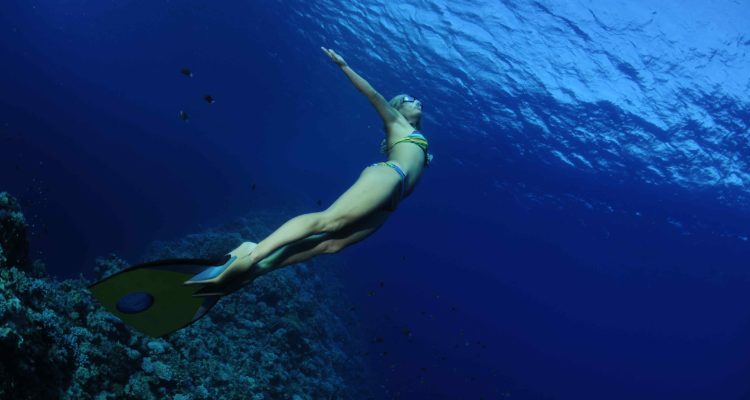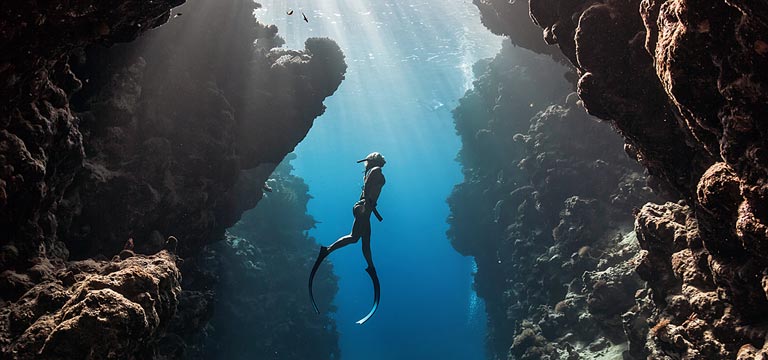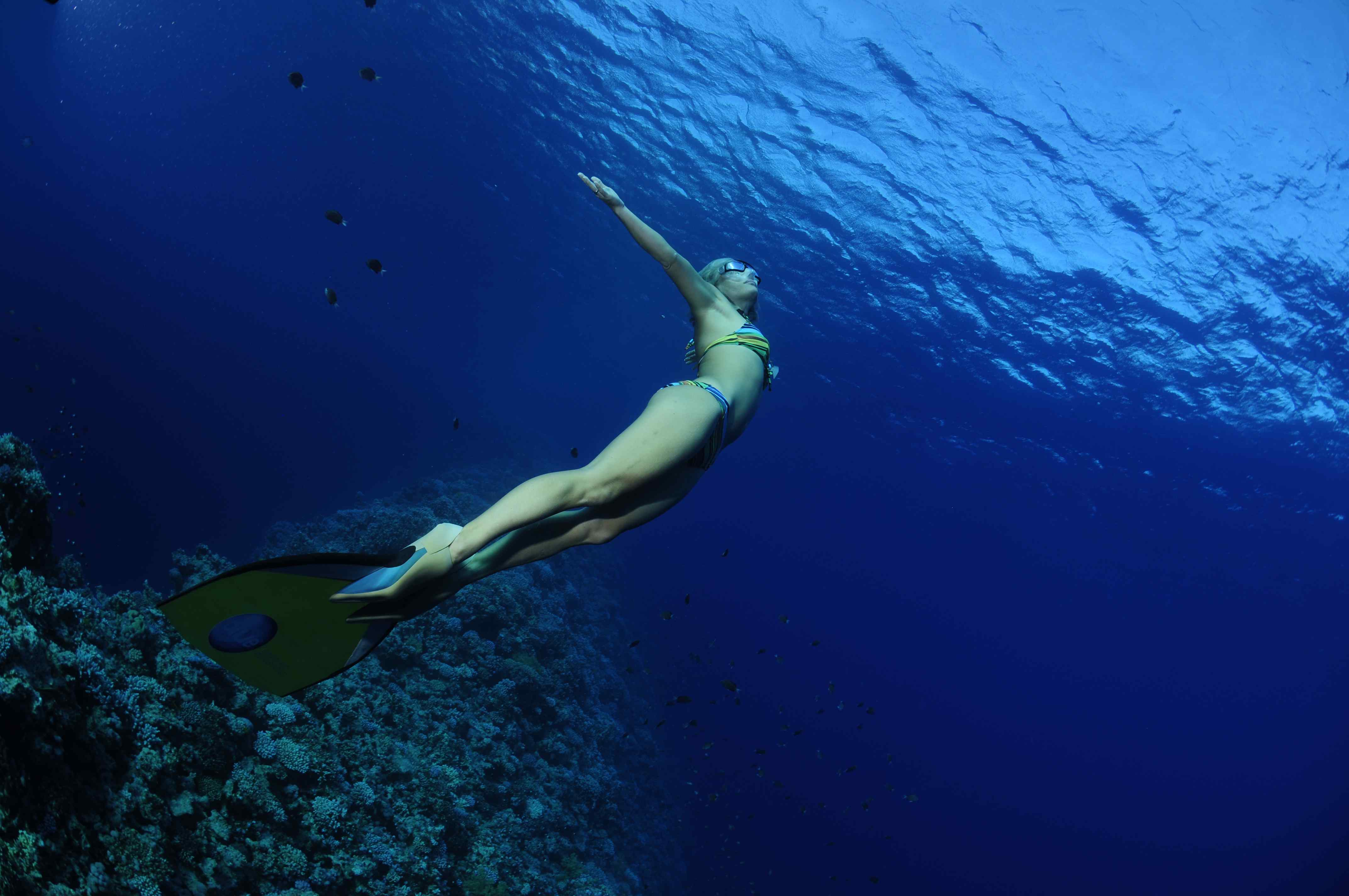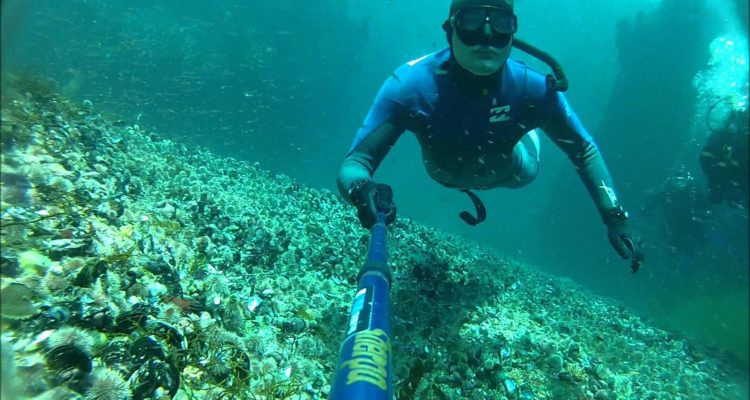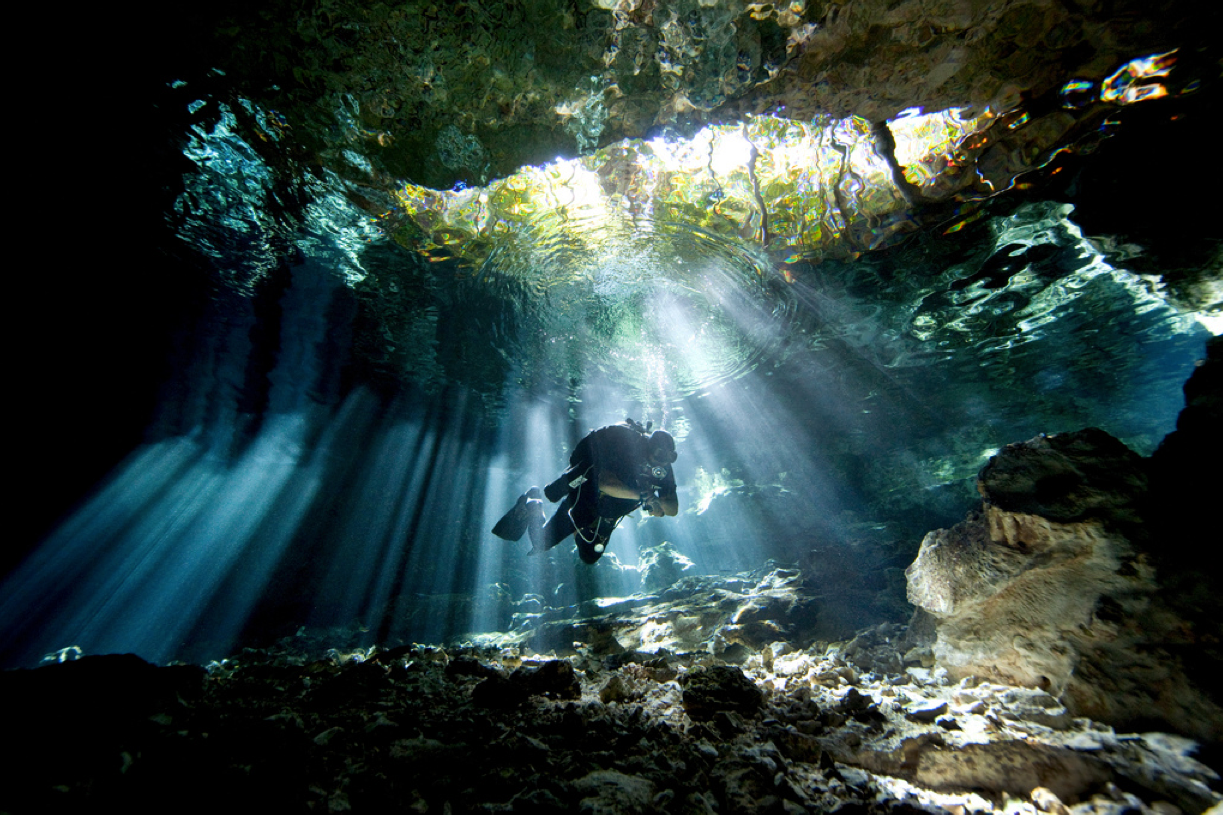Free Diving: A Whole New World Underneath
Discover a whole new world with free diving.
It has always been a dream for most people to see what is in the sea. The depths of the unknown open ocean can seem mysterious and beautiful all at the same time. Exploring it is a challenge but with the right tools, you will be able to explore even the shallow depths where the exquisite corals lie. Then, let’s try free diving. Free diving or breath-hold diving is a form of underwater diving that relies on diver’s ability to hold their breath in the water until they resurface without the help of any breathing apparatus. This sport has been used for millions of years by our ancestors to find food and it is still used until by ethnic tribes like the Badjao in the Philippines who can hold their breath long enough to catch food or just swim in the open ocean. The thrill of going down as far as your body can reach and the adrenaline of seeing the breathtaking beauty of the dark sea is what this sport offers.
Things to remember:
Free diving has a lot of risks and it includes death. So, these are the things one has to remember to make this activity fun and safe.
Never Ever Dive Alone
Always remember, as a beginner you are still figuring out how this sports works and diving alone can be dangerous. A certified instructor will be your guide and your buddy during the learning stage. Professionals know that diving alone can be dangerous because of the many changes that the water can bring. A simple rule that everyone must follow: Do not dive alone.
Relax
Meditate and relax during a free diving session. This is important as not to lose valuable air as you are going underwater. If you are panicking before going down, your breathing will be faster and your muscles will tense up, thus, losing valuable oxygen. And instead of taking in just one long breath, you will only hyperventilate and not get enough air. Concentrate on your dive and do not think of anything else. Remember, to have a fun experience one must forget his worries and let go of his fears.
Learn
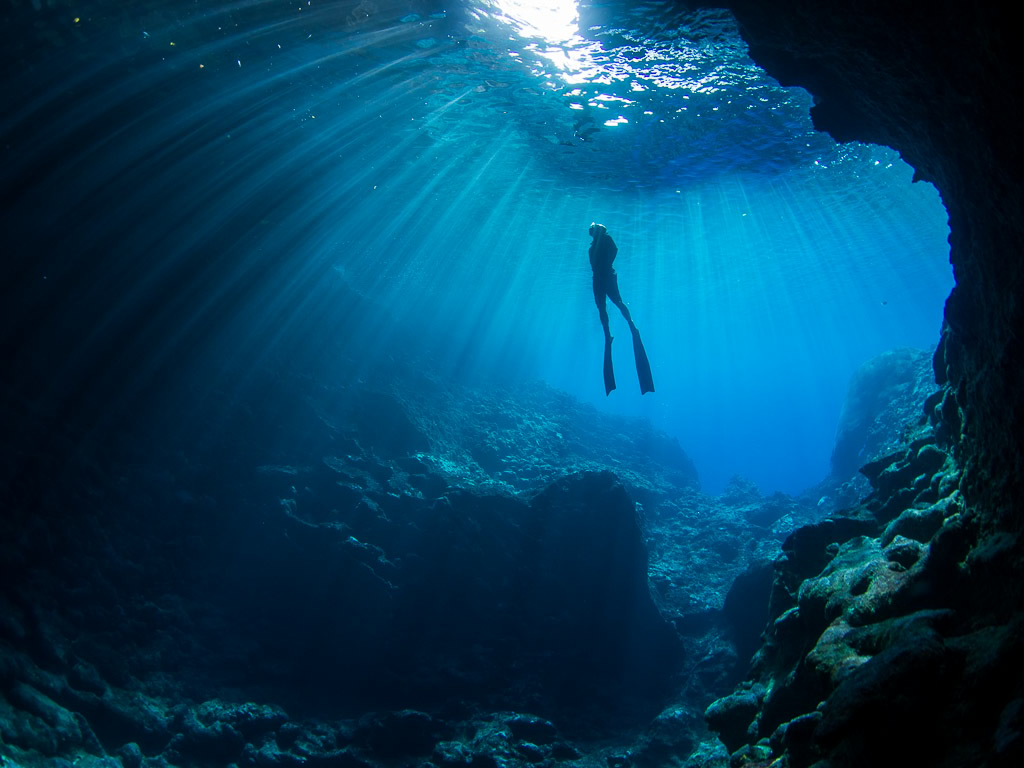
You won’t be diving alone so you will see everyone on how they do it. Learn from them. Don’t just read and watch on the internet, learn from real people and be the best you can be. Free diving is not only about trust with other people but also how you socialize with them.
Dive in Your Limits
As a beginner (or even a professional) always remember where is your end point. Your limit is important for you not to push too hard. Striving to be the best is good but always remember when you should stop so that you won’t be exposed to unnecessary risks.
Equipment
The best equipment is the ones that can help you with your breathing. From masks to snorkels and fins, these are things that are easy to obtain and important in your dive.
Breathing Exercises
The most important thing about free diving is your ability to conserve the amount of oxygen you already have until you are able to get back to the surface. Always take breathing exercises to get the right technique on how to conserve that precious oxygen.
Stretch
Before any strenuous activity, stretch. Giving your body time to ready itself for the dive makes it easier to take the strain and reduce the stress of it after the dive.
Have fun.
Once you achieved going into the depths, take time to admire the beauty that is underneath that you don’t get to see every day. From its fascinating corals to the many creatures you can see, you will definitely be at awe in the wonders of mother nature.
There are many places that you can go to free dive. An open ocean can be a great start but for a better and breathtaking dive try in Cape Town, South Africa which is regarded as the top free diving site. In this site, there are two oceans to choose from, the Atlantic Ocean and the Indian Ocean which has a lot of life that you can admire on.
What are you waiting for? Have fun and admire the vast ocean with free diving.

